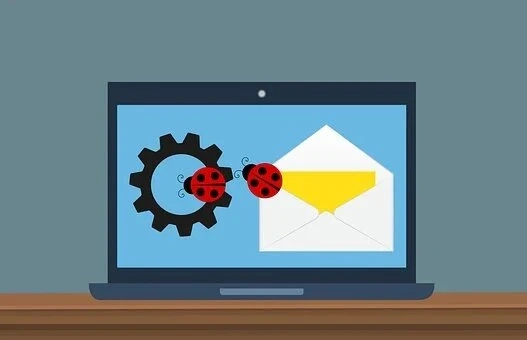When you receive an email or letter that looks like it\'s from the Department of Transportation (DOT), it might seem like a legitimate request. But before you send any personal information, read this list of five things to look out for to make sure your DOT compliance letter is not a scam.
What is the DOT compliance letter scam?
The DOT compliance letter scam is a fraudulent scheme in which scammers send letters to trucking companies purporting to be from the Department of Transportation (DOT). The letters claim that the trucking company is not in compliance with DOT regulations and must pay a fine. The scammers then demand payment from the trucking company, often using threatening language.
This scam is becoming increasingly common, and trucking companies need to be aware of it. There are several ways to identify the DOT compliance letter scam.
First, the DOT does not send out compliance letters by mail. If you receive a letter purporting to be from the DOT, it is likely a scam.
Second, the DOT website has a list of approved third-party audit firms that trucking companies can use to verify their compliance with regulations. If the letter you receive claims to be from one of these firms, you can check the DOT website to see if the firm is actually on the list.
Third, the DOT compliance letter scam often includes grammatical errors and typos. This is another red flag that the letter is not actually from the DOT.
If you receive a letter claiming to be from the DOT, be sure to check
How does the scam work?
The DOT compliance letter scam works by tricking people into thinking they need to pay a fine to avoid being penalized by the DOT. The scammers will send a letter or email that looks like it is from the DOT. The letter will claim that the recipient has violated a DOT regulation and must pay a fine. The amount of the fine will vary, but it will usually be around $1000.
The scammer will then give the victim a way to pay the fine, such as by credit card or wire transfer. Once the victim pays the fine, the scammer will disappear and the victim will never hear from them again.
There are a few ways to identify this scam. First, the DOT will never contact people by email or letter about fines. Second, the DOT does not accept payment by credit card or wire transfer. Finally, if you are unsure whether a letter is from the DOT, you can contact the DOT directly to ask
How to identify a DOT compliance letter scam
There are a few things to look for that can help you identify a DOT compliance letter scam. First, the letter will likely come from an unknown sender. It may also have grammar or spelling errors. The letter will likely state that you are not in compliance with DOT regulations and that you need to take action to remedy the situation.
However, the letter will not provide any specific information about what you need to do to become compliant. Finally, the letter will likely request a payment to avoid penalties or legal action. If you receive a letter that meets all of these criteria, it is likely a scam and you should not respond to it.
What to do if you have been scammed
If you have been the victim of a DOT compliance letter scam, there are a few things you should do. First, you should contact FTC and file a complaint. You should also contact the SAG office and file a complaint.
If you have been the victim of a DOT compliance letter scam, these are the steps you should take to file a complaint and get help.
Few legitimate third-party administrators are working for trucking companies. If you find it difficult to manage DOT-related processes then you can go for a reputed TPA.



